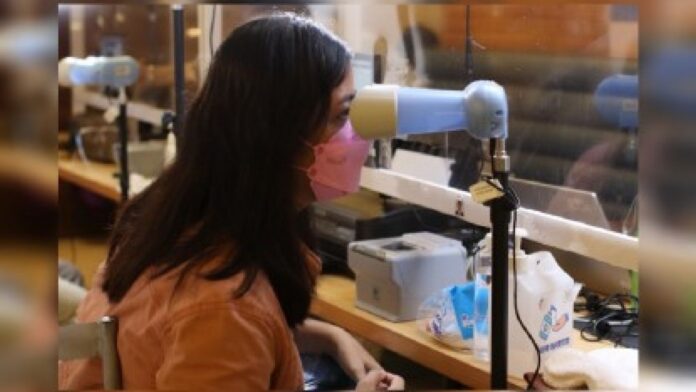A registrant of the Philippine Identification System (PhilSys) needs to present just one valid document to validate the demographic information recorded during the online Step 1 process.
Validation will be made in the face-to-face Step 2 process that will also gather iris scans, fingerprints, and front-facing photographs.
The Philippine Statistics Authority (PSA) repeatedly posts the list of documents or identification cards (IDs) to validate the identity of the registrant.
There are Philippine passports or electronic passports issued by the Department of Foreign Affairs; Government Service Insurance System or Social Security System-issued Unified Multi-Purpose Identification Card (UMID); Land Transportation Office-issued student’s license permit or non-professional/professional driver’s license; PSA-issued birth certificate or National Statistics Office-issued certificate of live birth with Birth Reference Number and one government-issued ID; local civil registrar-issued birth certificate and one government-issued ID; or employee, school or municipal/village ID.
In case none of these documents are available, the PSA said a barangay clearance or certificate will do, provided it has the registrant’s thumb mark or signature, full name, address, birth date, and front-facing photograph.
“Any of the two will be accepted by PSA to validate the registrant’s demographic data,” the PSA said in its recurring posts.
For the complete list of documents acceptable for Step 2 registration, the registrants can visit https://www.philsys.gov.ph/supporting-documents/.
As of September 15, a total of 30,043,249 have completed the Step 2 registration.
National Economic Development Authority Secretary Karl Chua, in a briefing with President Rodrigo Duterte aired on Wednesday morning, also reported that a total of 1,584,621 Philippine Identification (PhilID) cards have been delivered by the Philippine Post as of September 3.
Signed into law by President Rodrigo R. Duterte in August 2018, Republic Act 11055, or the Philippine Identification System Act, aims to establish a single national ID for all Filipinos and resident aliens.
The national ID shall be a valid proof of identity that shall be a means of simplifying public and private transactions, enrollment in schools, and the opening of bank accounts.
It also seeks to boost efficiency, especially in dealing with government services where people will only need to present one ID during transactions. (PNA)


